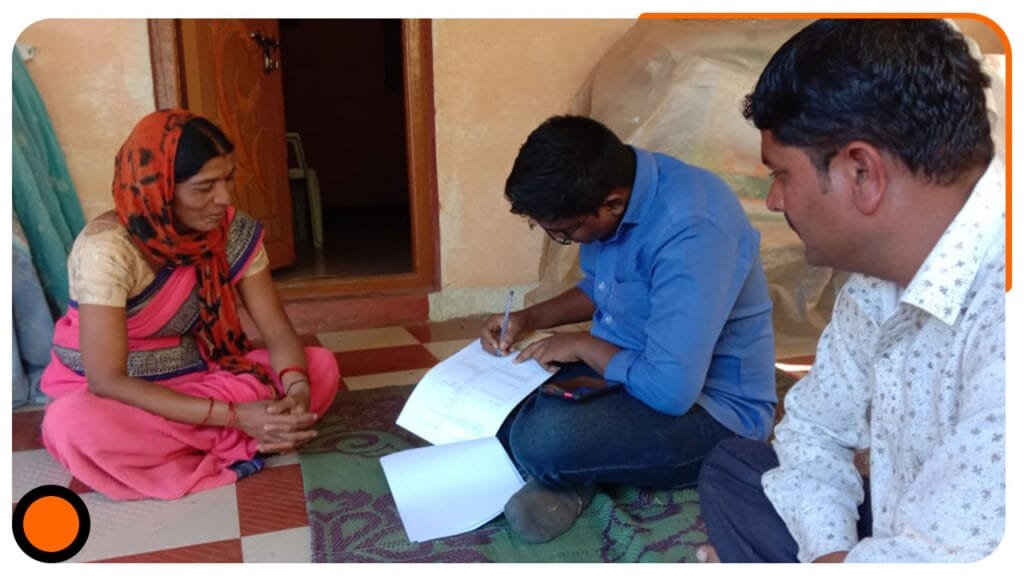Mainlevel Consulting AG
Evaluation of the project “Digital Innovation for Zero Hunger”and feasibility study for Phase two
Partner/Client
Mainlevel Consulting AG
Sector
Consulting, Healthcare
Location
Madhya Pradesh, India
KEY HIGHLIGHTS
- Mainlevel Consulting AG was contracted by Welthungerhilfe to carry out an evaluation of the “Digital Innovation for Zero Hunger” project. It entailed the use of the Child Growth Monitor app to detect malnutrition in Indian children.
- The purpose of the evaluation was two-fold and comprised a summative evaluation structured along with the OECD-DAC criteria, i.e. relevance, effectiveness, efficiency, impact, and sustainability, and a feasibility assessment to provide guidance for the planned activities of the second phase of the project
Impact assessment
Deutsche Welthungerhilfe e.V. (WHH) is one of the largest and most prominent Non-Governmental Organizations in Germany operating in the field of Humanitarian Assistance and Development. It contributes to improved nutrition outcomes and food security in India, Zimbabwe, Malawi and Uganda through innovative digital approaches. It pursued the implementation of The Child Growth Monitor (CGM) app in India which detects malnutrition to reach the goal of zero hunger. It aims to tackle one of the main constraints to combat malnutrition, i.e. the occurrence of stunting or wasting.
RESEARCH TOOLS
- Online Focussed Group Discussions which included a virtual discussion with two to three participants at a time
- Online Semi-Structured Interviews with individual respondents to get detailed information about the project impact
APPROACH
- The evaluation was built on a theory-based approach and applied a contribution analysis to draw conclusions about how the intervention contributed to observed results. To do so, a ToC outlining how the intervention was expected to produce its results and thus, better understand causal links between the intervention’s outputs and observed outcomes was conceptualized.
- The theory of change was elaborated through a participatory approach integrating views of various actors involved. This eventually led to a validated and broadly accepted theory of change, which outlined as approximate as possible the causal model of results as well as underlying assumptions that were then tested against the data collected.

